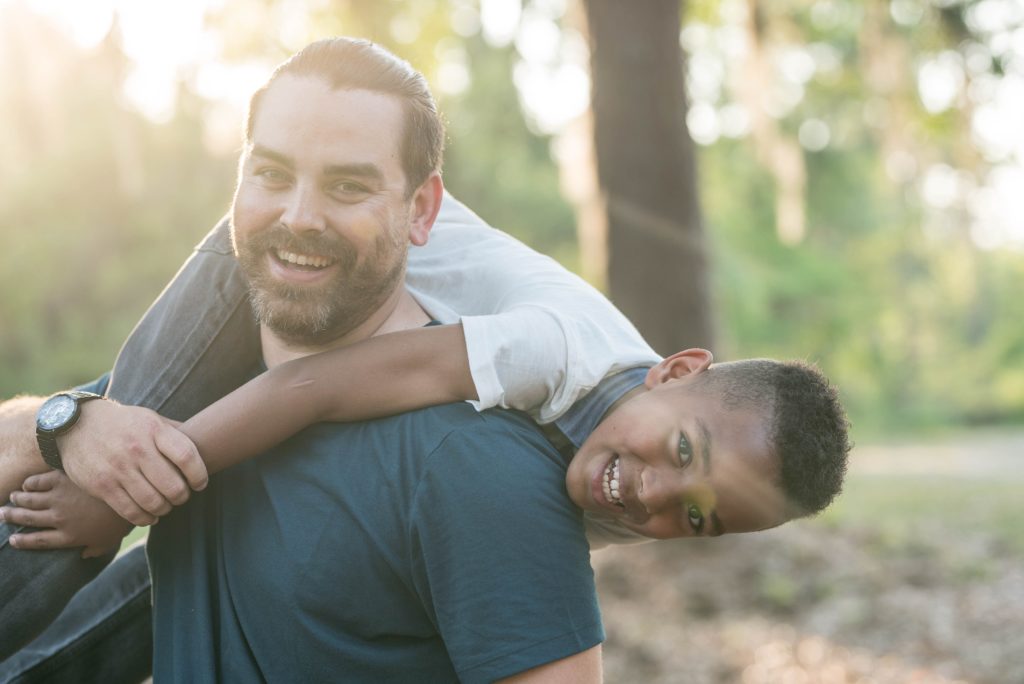I’ve lost count of the times that my clients have said, “We should have separated years ago but I stayed for the kids” — only to find themselves eventually separating later. The other common question I am asked is, “Will separating eff up my children?”. The common denominator here is that many parents think that staying in an unhappy relationship for their children is a better option than ending their marriage.
I can understand why they feel that way. I’m a (separated) mother myself and I understand the constant worry about the impact our life choices have on our children. But I’ve also had the benefit of watching breakups as a professional. I’ve observed hundreds of relationships end during my career in the Family law System.
I’m here to tell you: if the only reason you are staying in your relationship or marriage is for your children, it is not a better solution.

Will separating affect my children?
In short — yes it will. It will be sad and emotional. They will feel very similar feelings of grief that you may experience as an adult. However, the actual act of ending a marriage or relationship does not cause long-term effects on children. Negative long-lasting side effects for children are predominantly caused by the behaviour of the parents post-breakup and how they deal with co-parenting and conflict.
Research suggests, severe parental conflict both pre and post separation is the main indicator for poor child adjustment. Children are particular affected when the conflict is severe (i.e. verbal abuse and/or physical violence), is frequent and is witnessed by the children.
In Australia, approximately 42,000 to 55,000 children experience their parents separating each year and around one in five Australian children (about one million) will experience parental separation before the age of 18.
Here’s a statistic that less people know: 82 percent of children, aged 14 to 22, who have endured family breakups would prefer their parents to part if they are unhappy.
Asked what advice they would give divorcing parents, one participant said: “Don’t stay together for a child’s sake, better to divorce than stay together for another few years and divorce on bad terms.”
You might like to read – Don’t bat every ball – Communicating with your ex
How to reduce post-split conflict.
None of this will remove your worry completely but, if you do decide to separate or divorce, there are positive steps you can take to avoid a high-conflict separation.
- Keep your child’s best interests as your shared focus.
- Avoid any conflict in front of or in hearing distance of your children. There are other ways in which you can expel any frustrations you may feel.
- Do not involve your children in parental conflict or use your children as messengers.
- Remember you are the adult so act that way even on those days you want to stamp your feet with frustration (we’ve all been there!).
- Communicate in the best way that you can. If you don’t feel that you can have a respectful conversation either face to face or via the phone we suggestion using a co-parenting app (our go-to app is FAYR).
- Search for solutions, not fault. If you both think you cannot do it on your own, find someone who has the skill to mediate your conversations. Contact us for help arranging a mediation.
There’s no doubt that the breakdown of a relationship or marriage will have an impact on children but does it need to have a long lasting detrimental effect? The answer is no it doesn’t. Will it be easy? No. Will it be worth it? Yes.
If you need assistance get in touch with us to discuss our Parenting After Separation programs to support you and your family.


